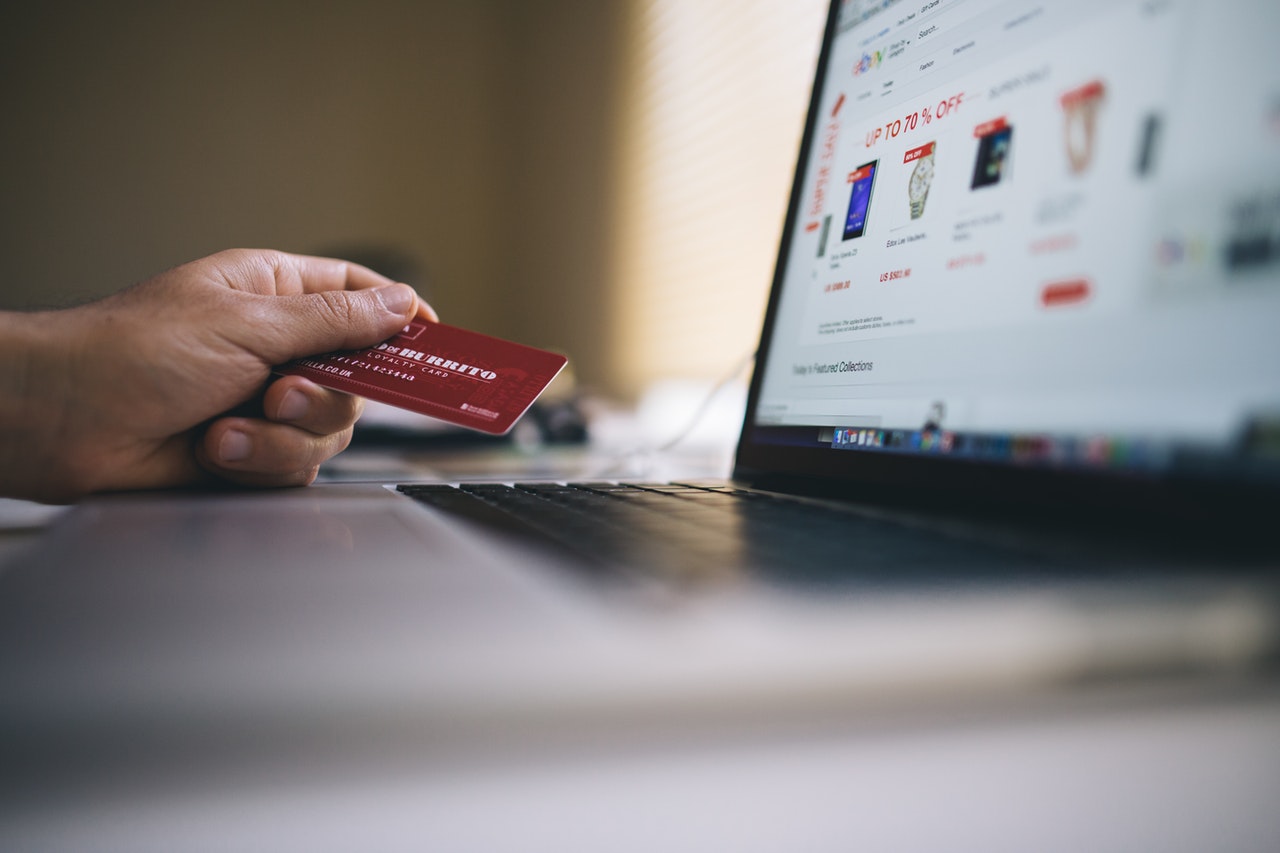How Covid-19 is changing online shopping habits
Sign up now: Get ST's newsletters delivered to your inbox

A report from meta-search website iPrice recorded a new high for shoppers here seeking electronic goods.
PHOTO: PEXELS
Follow topic:
SINGAPORE - One Monday morning, I found myself in a surreal state at the online checkout page for a box of craft beers.
In all my years of rabid online shopping, I have never ordered perishables. And the half hour I had spent adding bottled beers, instead of the usual make-up products, to my cart was disorienting.
Before, food and drink were to me the true "non-essentials" in online shopping - money better spent outside on an experience with friends.
But life in these unprecedented times is changing the face of e-commerce and spending habits of even long-time online shoppers. Covid-19 is forcing people to rethink their shopping routines and lifestyle choices.
The categories of home furnishing, electronics and groceries had the greatest spikes in the early weeks of the pandemic as more made the shift to work from home.
Stores such as Lazada and Qoo10 reported an overall increase in sales since last month, with electronics, health and beauty products topping Lazada's sales categories.
Similarly, a report from meta-search website iPrice recorded a new high for shoppers here seeking electronic goods. In February and March, there was an 85 per cent increase in searches for webcams; 99 per cent for Wi-Fi routers; 67 per cent for printers; and 137 per cent for keyboards.
Stuck at home, the need to make your living space equal parts beautiful and productive has never been more urgent.
Adjusting to a new normal also means reassigning our shopping dollar for leisure.
Peers who used to make frequent clothing purchases online now split their money across groceries, alcohol and books; others invest in workout wear and gear as they adapt to exercising at home.
Countless more, who were previously nonchalant about food, now fill my social media feeds with visuals of their daily food deliveries in a bid to support local businesses.
It beats ordering from global brands, with shipping schedules less certain.
As my own beauty purchases take a back seat, I, too, find myself gravitating towards categories I had never considered before - craft beers, by the carton, since I can no longer go out to drink; flavoured granola, in an attempt to make mundane morning routines more exciting. "Premium" goods I can still treat myself to.
The shift is clear - while some choose to be prudent during this economic downtime, others are simply redirecting their purchasing power to what they deem as essential now.
NEED FOR SENSITIVITY
Some industries have inevitably taken a backseat. Clothing, beauty products and other "non-essential" goods are of the lowest priority to most now. To ride out the storm, such brands must proceed with sensitivity.
In the United States, some have received backlash for launching new products during this period. Netizens were quick to call such launches "tone-deaf" and untimely, when many are struggling with unemployment and meeting basic needs. More than 22 million people in the US applied for unemployment benefits in the past month.
Closer to home, launches in Asia are slower and consumers are less quick to call out brands with insensitive messaging.
There needs to be mutual empathy. Consumers should understand that businesses have staff to pay. Product launches are often planned months ahead and not all brands have the privilege or resources to delay a launch indefinitely.
Brands, too, need to acknowledge that their customers' concerns are no longer the same. Sweeping the current reality under the rug does no favours for the company and risks alienating customers.
Launch a summer product if you must, but have the sense not to market it as a must-have for what will likely be a summer spent indoors for most.
It is a delicate balance to strike and one that brands must juggle alongside their now accelerated move online. Covid-19 has forced businesses that once turned up their noses at e-commerce to scramble to go digital - perhaps for the better.
A study by market research firm Nielsen in March found that two in five consumers in Singapore increased their online shopping activities during the Covid-19 period, with three in four indicating that they expect to maintain such levels even after the pandemic.
The study also reported that 69 per cent of the people surveyed who bought household goods online for the first time during Covid-19 will do so again in the next 12 months.
It is a silver lining companies should hasten to make the most of. Now is not the time to be complacent or resistant, but rather to innovate and find ways to retain new customers.
In the early stages of the pandemic, an astute meme went: "Isn't it funny that our economy is crashing from people buying only things they need?"
On the contrary, it is clear that people are still consumers at heart and will act on the desire to spend. For many, retail therapy is also a way to get through these anxious times.
We are merely in a period of adjustment. Before we know it, the new spending habits we adopt during Covid-19 may become permanent.
I might even continue my monthly beer deliveries even after the bars reopen.

